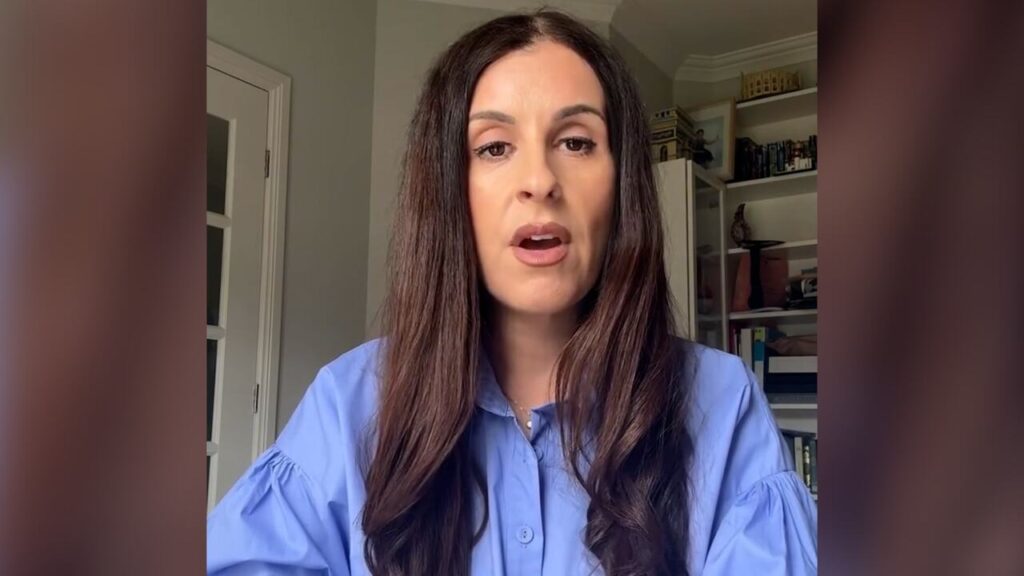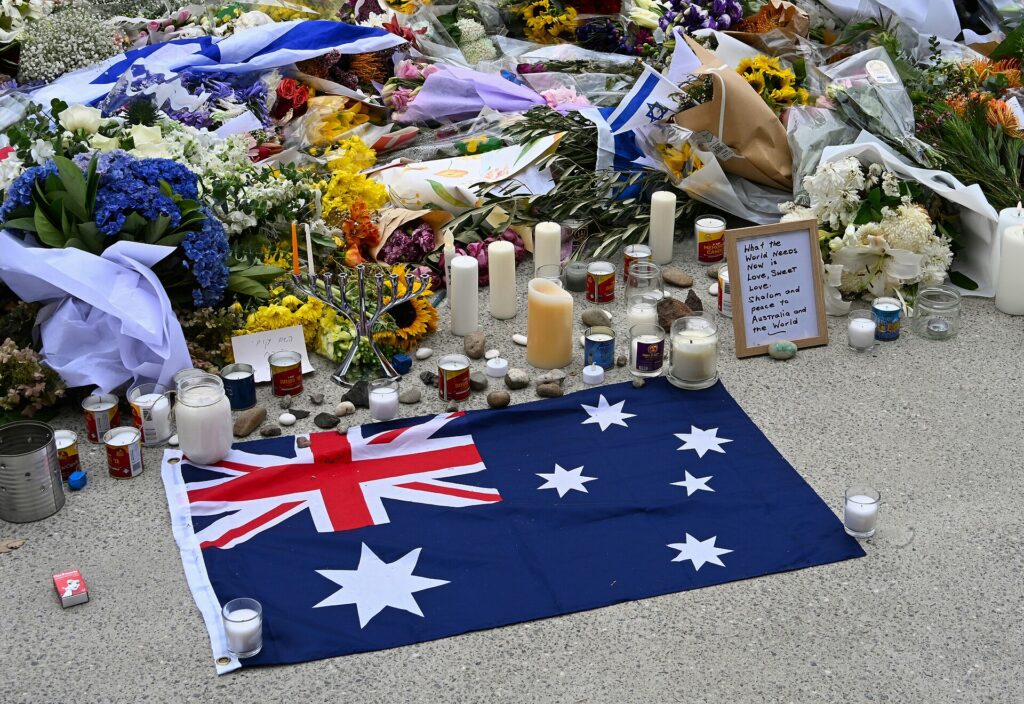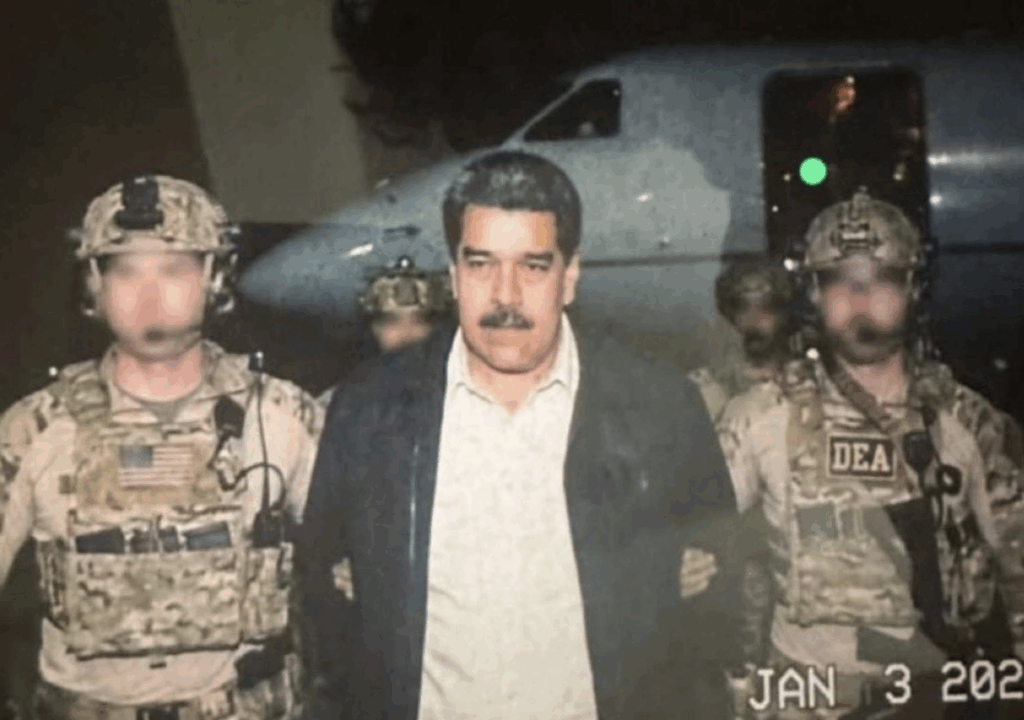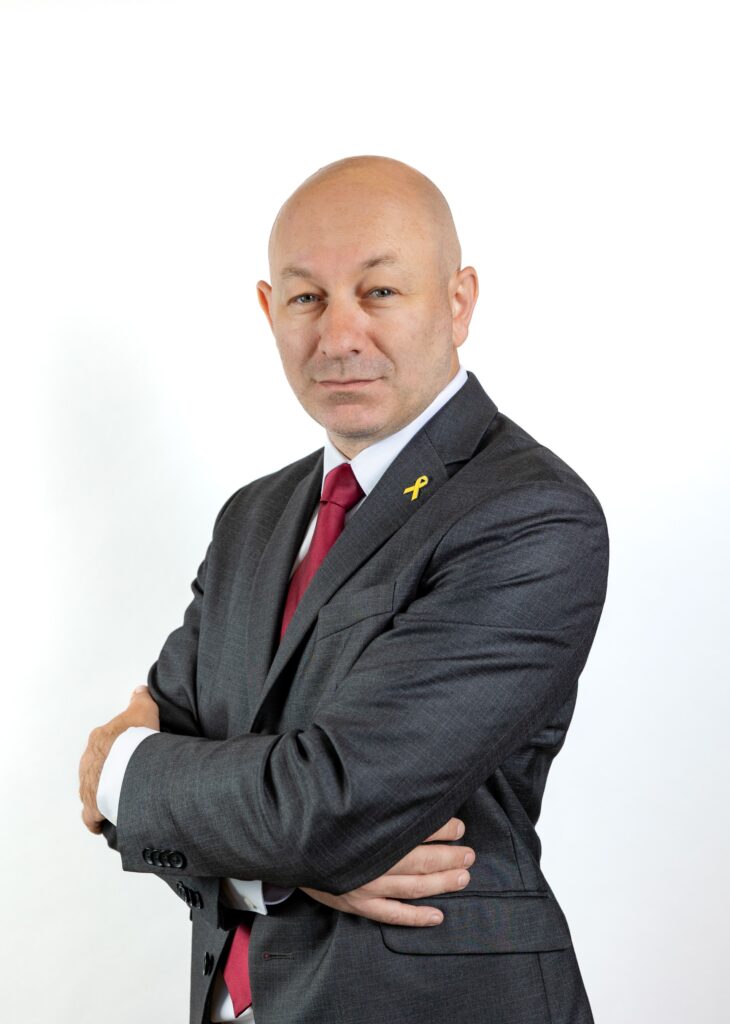UPDATES
Israel’s cabinet formally approves partial settlement freeze/ Shalit Deal?
November 26, 2009 | AIJAC staff
Update from AIJAC
November 26, 2009
Number 11/09 #07
Israeli Prime Minister Binyamin Netanyahu formally announced yesterday that the Israeli cabinet had approved a moratorium on all new residential construction in Israeli settlements on the West Bank for 10 months, and called for a renewal of Israeli-Palestinian negotiations. While this was not unexpected, this Update looks at the detail and background of this announcement.
Netanyahu’s statement announcing the settlement moratorium is here. Further, Australian-born Israeli spokesman Mark Regev discusses Israeli hopes to re-start peace talks as a result of this move in a BBC interview.
First up, a useful summary of exactly what the moratorium announcement means, and how events got to this point, comes from the British Israel Communications and Research centre (BICOM). The summary stresses the Israeli government’s stated intention to jump start renewed Israeli-Palestinian negotiations, but also discusses another likely motivation – to strengthen Palestinian President Mahmoud Abbas, especially if a reported deal with Hamas to free kidnapped Israeli soldier Gilad Shalit goes ahead (see below). The backgrounder also points out that this is intended to be only one of a number of Israeli confidence building gestures. For this useful summary of the details of the settlement moratorium issue, CLICK HERE. Israeli defence minister and Labor party leader Ehud Barak says he expects the settlement freeze to restart talks. Meanwhile, it is being reported that the Palestinians were informed of the cabinet decision ahead of time, and secret talks, using Barak as the conduit, are already under way.
Next up, an editorial from the Jerusalem Post explains why most Israelis are sceptical when told the partial moratorium is “not enough”. The paper reviews a long history of Arab and Palestinian interlocutors reacting to Israeli concessions and offers with the claim that it is “not enough.” The paper urges the US Administration to break the cycle of “not enough” by doing more to demand renewed negotiations from the Palestinian side, and showing Israel it unequivocally backs the 1967+ formula that, it argues, is the only one that can lead to peace. For all the Post’s argument, CLICK HERE.
In addition, the Israeli media has been reporting that a prisoner exchange deal for kidnapped Israeli soldier Gilad Shalit is drawing near, with huge amounts of debate in the Israel over the merits of a deal that would reportedly see more than a thousand prisoners released in exchange for Shalit. Veteran Israeli journalist Ronen Bergman, writing for the New York Times website, does a good job explaining why the Shalit case has loomed so large in Israeli public life over the past three years of his captivity. However, he also explores a number of reasons why this deal with Hamas is seen as possibly dangerous to future peace prospects. For his full analysis and comments, CLICK HERE. Bergman’s piece is part of a larger symposium at the New York Times website. To see other comments on the purported Shalit deal by prominent Israeli, American and Palestinian pundits, click here.
Readers may also be interested in:
- As noted, the Israeli debate about the pros and cons of the mooted Shalit deal has been extremely intense – interesting entries in this debate are here, here, here, here, here, here, and here.
- Discussions of Netanyahu’s motivation for the settlement moratorium from Jerusalem Post editor David Horovitz, Ynet journalist Alex Fishman, and columnist Shimon Shiffer.
- A good discussion of the often ignored realities behind the whole settlement debate, and especially the recent kerfuffle over the Jerusalem neighbourhood of Gilo, comes from Maurice Ostroff of the Jerusalem Post.
- In a press conference with the German Foreign Minister, Israeli Foreign Minister Avigdor Leiberman explains why, in his opinion, settlements are not an obstacle to peace.
- Barry Rubin explains why he does not believe that, despite his talk of resignation, Palestinian Authority President Mahmoud Abbas is going anywhere.
- Barry Rubin also had high praise for a fascinating new article from Britain’s Independent, looking at British Muslims who became violent extremists, only to eventually turn against Islamism and Jihadist violence.
NETANYAHU ANNOUNCES SETTLEMENT MORATORIUM
BICOM BRIEFING, 25/11/2009
Key Points
- Israeli Prime Minister Benjamin Netanyahu announced today a 10 month moratorium on settlement construction in the West Bank. He called on the Palestinians and the Arab world to ‘seize the opportunity’ to ‘move forward towards peace’. This is the most extensive and public declaration on restraining settlements ever made by an Israeli government.
- This move reflects a desire in Israel to move beyond the current impasse and return to negotiations with the Palestinians.
- The sense of urgency has been heightened by concerns that Palestinian President Mahmoud Abbas may resign from his position. Netanyahu’s announcement is linked to intense negotiations with the US to neutralise the impact of a possible deal between Israel and Hamas for the release of Gilad Shalit, on Abbas and the chances of restarting the peace process.
- The intention is that this will not be an isolated gesture but part of a series of confidence building measures by the Israeli government to establish its positive intentions on the peace process.
What has been announced?
- Israeli Prime Minister Benjamin Netanyahu secured approval from the security cabinet for a ten-month suspension of new residential construction permits and new residential construction starts in the West Bank.
- He called on the Palestinians and the Arab world to ‘seize the opportunity’ to ‘move forward towards peace’. This is the most extensive and public declaration on restraining settlements ever made by an Israeli government.
- Netanyahu pointed to other gestures Israel has already made, including removing hundreds of West Bank checkpoints, lengthening hours of operation at the Allenby Bridge crossing to Jordan, and removing bureaucratic obstacles to economic development in the Palestinian territories.
- Netanyahu said in a statement earlier in the day that this step, ‘allows us to place a simple fact before the world: The Government of Israel wants to enter into negotiations with the Palestinians, is taking practical steps in order to do so and is very serious in its intentions to promote peace.’
- Netanyahu’s gesture comes despite a lack of reciprocal gestures on normalisation that the US requested from Arab states.
- The step will not include East Jerusalem and applies to private homes, not public buildings such as schools or other communal facilities, which Netanyahu considers essential for residents to continue their day to day lives.
- Israel’s policy until now has been to build no new settlements and to expropriate no new land for existing settlements. The new moratorium applies to construction within existing settlements.
What has brought this announcement about?
- Israel has been in negotiation with the United States for several months over a settlement freeze to lay the ground for resumed peace talks with the Palestinians. Though the US has demanded a complete freeze, at the beginning of November, Secretary of State Hilary Clinton welcomed Israeli proposals on a moratorium as ‘unprecedented’ and a ‘positive step’. Palestinian President Mahmoud Abbas has been insisting on a complete settlement freeze as a precondition to starting peace talks.
- In recent weeks Israeli Prime Minister Netanyahu has been working hard to convince international and domestic audiences that he is serious about entering into peace negotiations with moderate Palestinians in order to resolve the conflict.
- There have been growing concerns in Israel recently about the need to generate momentum on the peace process in the wake of Mahmoud Abbas’s threatened resignation. The development also comes against the backdrop of advanced negotiations between Israel and Hamas on a prisoner exchange deal to bring about the release of captured soldier Gilad Shalit. Such a deal would be exploited by Hamas in the internal Palestinian arena, making gestures towards Palestinian moderates all the more important.
————————————————————————
Editorial: ‘It’s not enough’
THE JERUSALEM POST, Nov. 26, 2009
With the patience of a taxi driver at a red light about to turn green, the Palestinian leadership responded to Wednesday’s announcement of an Israeli moratorium on new settlement building with: “It’s not enough!”
Prime Minister Binyamin Netanyahu’s unprecedented moratorium is both substantive and symbolic – the appropriate response to a Palestinian settlement freeze demand that is both emblematic and a red-herring.
THE DISPUTE between Palestinians and Israelis is not about settlements. It hinges on whether the Arabs are willing to recognize the legitimacy of Israel as the state of the Jewish people within any boundaries. Some find it convenient to imagine that the clash between the Zionist and Arab causes has transitioned to a non-zero sum game. That is hardly the dominant view in Israel.
In 1920, the international community gave Britain the responsibility of establishing a national home for the Jewish people in Palestine. But a year later London turned over eastern Palestine to Emir Abdullah and Transjordan was born. The Arab response? “It’s not enough.”
In 1937, the Peel Commission recommended dividing Palestine into Jewish and Arab states. The Zionists consented. The Arabs… said no.
In 1947, the UN General Assembly voted to partition Palestine into Jewish and Arab states. Again, the Jews agreed. The Arab response was: “It’s not enough” and they tried to throttle the newborn Jewish state. Israel survived while the Arabs took the West Bank and Gaza. Did they then form a Palestinian state? Of course not, because these territories alone were “not enough.”
In 1967, the Arabs failed to push an Israel living within the 1949 Armistice Lines into the sea and the West Bank came into Israeli possession. Magnanimous in victory, Israel offered peace. The Arab response? “No peace, no recognition, no negotiations.”
In 1977, Egypt’s Anwar Sadat courageously embarked on the path of peace. Israel withdrew from all territory claimed by Egypt, and Menachem Begin, moreover, offered the Palestinians something they had never enjoyed – autonomy. Israeli forces would have been re-deployed as a prelude to final status negotiations. The Arab response? “It’s not enough.”
As a result of the 1993 Oslo Accords, the PLO leadership was invited to return from Tunis and set up a Palestinian Authority in the West Bank and Gaza. But a double-dealing Yasser Arafat never genuinely embraced this historic opportunity for reconciliation. Hamas intensified its terror campaign which claimed dozens of Israeli lives (well before the Baruch Goldstein Hebron massacre in February 1994). Ehud Barak twice – at Camp David (July 2000) and at Taba (January 2001) – offered Arafat a Palestinian state accompanied by extraordinary territorial and political concessions. The Arab response? “It’s not enough.”
When Israel unilaterally pulled its settlers and soldiers out of the Gaza Strip in 2005, the Arabs again said: “It’s not enough.”
In 2008, Ehud Olmert offered Mahmoud Abbas 93 percent of the West Bank, plus additional territory from Israel proper. Abbas did not even deign to say “It’s not enough” – he just walked away.
Then in June of this year Netanyahu, following in the footsteps of his predecessors, unequivocally accepted a demilitarized Palestinian state. The Arab response? “It’s not enough.”
Generation after generation, decade after decade, Israeli concession after concession, the Palestinians have never missed an opportunity to say, “It’s not enough.”
SO now the question is what will America do? Special Envoy George Mitchell reacted with sparing approval to Netanyahu’s moratorium. “It falls short of a full settlement freeze, but it is more than any Israeli government has done before…” He then diluted this faint praise by coldly reiterating: “America does not accept the legitimacy of continued Israeli settlements.”
A slightly more positive reaction came from Secretary of State Clinton who acknowledged that “agreed swaps” should be part of negotiations based on the 1967 lines.
To take additional risks for peace, Israelis must feel secure that the Obama administration wholly backs the 1967-plus formula. Washington needs to cajole Mahmoud Abbas back to the table to bargain in good faith, and it should extract diplomatic gestures from its Arab allies in reciprocity for the premier’s concessions.
Otherwise, the discouraging message that comes across to Israelis who want an agreement is that no matter what we do it will always “fall short” with this administration and never be “enough” for the Arabs.
————————————————————————
Gilad Shalit and the Peace Process
Ronen Bergman
NYTimes.com, November 23, 2009
It is all but impossible to explain to an outsider why the release of an Israeli prisoner of war who was captured by Hamas in June 2006 has over the years occupied such a central place in Israeli public discourse. It is astounding to note, for instance, that Gilad Shalit has been mentioned more frequently in the media than the Iranian bomb.
Here in Tel Aviv, it is impossible to avoid the headlines, the demonstrations, the bumper stickers, the banners on street corners and buildings, calling on the government to do everything in its power to bring Shalit home, and, on the other hand, the bereaved parents doing all that they can to prevent the release of their children’s murderers — the Palestinian prisoners held by Israel that would be part of an exchange for Shalit.
In Israel of 2009 we are never free of the emotional presence of our P.O.W.s and M.I.A.s, demanding that we bring them home. Very few issues here are as visceral and painful — and controversial.
The obsessive coverage of this topic is indicative of the importance that Israeli society ascribes to pidyon shevuyim (redemption of captives), which Maimonides described as the greatest mitzvah of all.
And so the Israeli public awaits Gilad Shalit. The politicians know that the country’s patience is wearing thin. Prime Minister Benjamin Netanyahu knows this too. But he also knows that as a leader who was elected to be a right-wing prime minister, he cannot afford to be humiliated in a deal in which Hamas extracts the release of terrorists and murderers.
Netanyahu made the strategic decision to pay a price which his predecessor, Ehud Olmert, refused to pay. He also made another crucial decision, which was to involve the German rather than the Egyptian intelligence services as mediators. These two decisions made possible an agreement that is all but signed, and that will probably be closed at the beginning of next week.
The agreement is wonderful news for the Shalit family, as Israel fulfils its moral obligation of bringing home a soldier that it sent into battle. But for a number of reasons, it is far less clear that this is good news for the peace process.
First, the German mediator, who began his role on July 20 of this year, set a clear condition for his involvement in the process: he would mediate only a “prisoners for prisoners” exchange, and refusing to deal with what he referred to as the “political Hamas” or with attempts to link the Shalit exchange to other matters, such as the blockade or the reconstruction of Gaza. Both sides agreed to these terms.
In other words, the fact that Israel and Hamas negotiated over this limited issue says very little, if anything at all, about the future.
Second, as a result of the exchange Hamas will soon be celebrating in the streets of Gaza the release from jail of hundreds of its members. It will portray their release as evidence of its political victory in Operation Cast Lead (Hamas lost militarily, although it does not admit this). Hamas will claim that it brought Israel to its knees.
Third, the international community is of the unanimous opinion that Abu Mazen has to be supported. This deal will have the opposite effect. It will strengthen Hamas which, as a result, may very well reverse itself and agree now to holding elections, for the good reason that it would go to the polls from a position of strength.
In fact, there are even some who wish to believe that Benjamin Netanyahu agreed to the Shalit deal in order to strengthen Hamas and weaken Mahmoud Abbas (Abu Mazen), in order to be able to explain his refusal to freeze settlement construction on the grounds that he has no partner to negotiations. This conspiracy theory has no basis in fact. Nonetheless, it is beyond doubt that the exchange will complicate considerably any attempt to restart negotiations between Israel and the moribund Palestinian Authority. In short, no political good will come of this deal.
Fourth — and most important of all — the interests of Hamas and Israel conflict to such a degree, their respective philosophies are so fundamentally incompatible, that there can be no common ground for negotiations. And the release of Gilad Shalit and the jailed Hamas operatives, all of whom will be received by their families with tears of joy, does nothing to create common ground.
Ronen Bergman, a senior political and military analyst for Yedioth Ahronoth, an Israeli daily, is the author of “The Secret War With Iran” and of “By Any Means Necessary: Israel’s Covert War for Its P.O.W.s and M.I.As.”
Tags: Israel





